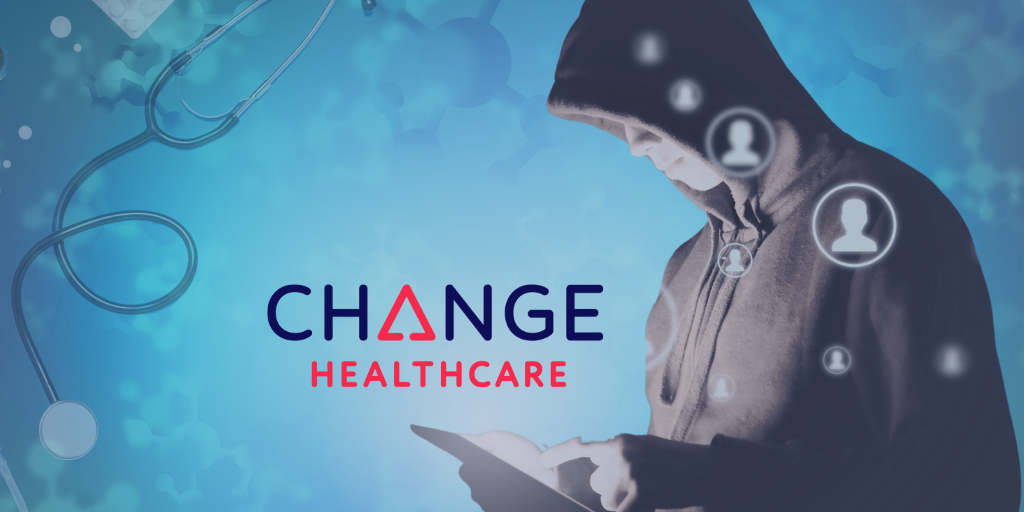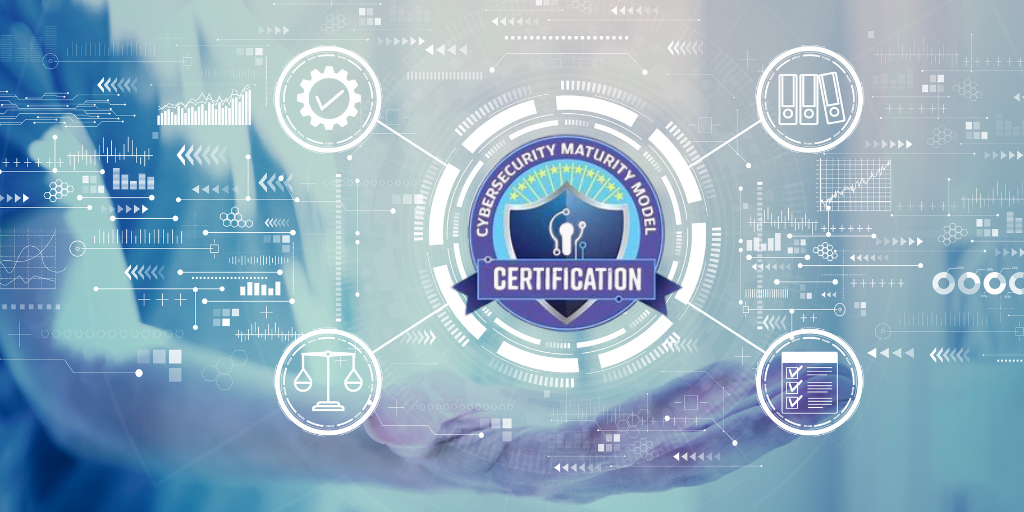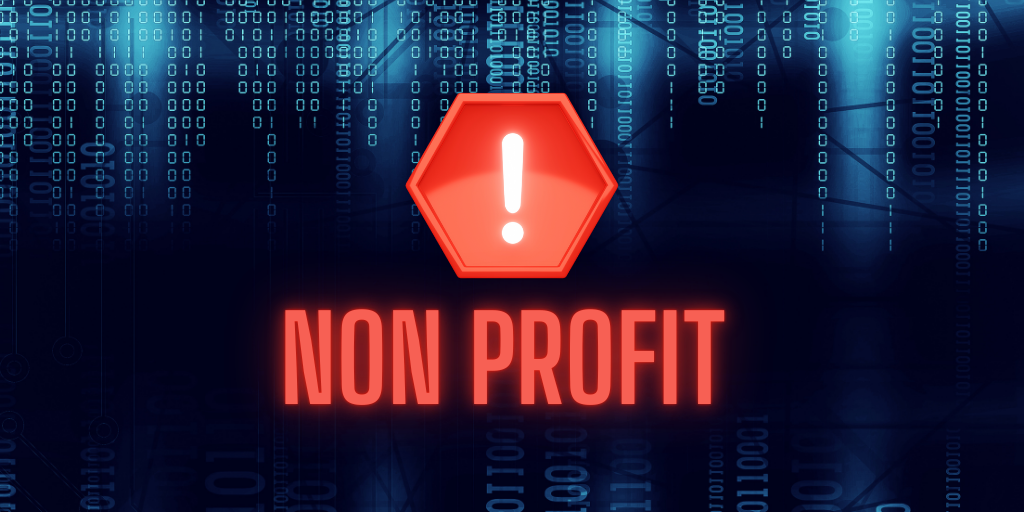Addressing CMMC Compliance Gaps for Small Businesses
Navigating the complex landscape of CMMC compliance can be a daunting task for small businesses, but with the right strategies, achieving and...
2 min read
.jpeg) Michael Markulec
:
Mar 4, 2024 10:36:15 AM
Michael Markulec
:
Mar 4, 2024 10:36:15 AM

The recent cyberattack on Change Healthcare, a subsidiary of UnitedHealth Group, has sent shockwaves through the U.S. healthcare system, leaving providers and patients grappling with significant disruptions. Since February 21st, crucial reimbursement systems have remained offline, leaving many small private practices and healthcare providers in financial limbo.
Change Healthcare plays a pivotal role in facilitating transactions between providers and major insurance companies, offering payment and revenue cycle management tools. However, discovering a cyber threat breach on its information technology network has led to the isolation and disconnection of impacted systems. Despite immediate action, the fallout from the attack has been profound and far-reaching.
For over a week now, doctors and healthcare workers have been unable to access essential services like checking patients' treatment eligibility or electronically filling prescriptions. This outage has exacerbated administrative burdens and disrupted revenue cycles, leaving providers needing more insurer reimbursements. As a result, smaller practices, reliant on steady cash flow, face tough financial viability decisions.
Practitioners like Dr. Purvi Parikh have described the situation as a "mess" and a significant stressor. With reimbursements, practices can cover operational expenses like payroll and medical supplies. While switching to alternative platforms may offer a solution, the transition could take weeks, leaving providers feeling stuck and frustrated with the lack of immediate remedies.
Change Healthcare has attributed the attack to the ransomware group Blackcat, further complicating the situation. The company collaborates with law enforcement and cybersecurity experts to assess the breach and its implications. However, the absence of concrete timelines for system restoration only adds to the uncertainty healthcare providers face.
The impact extends beyond financial strains to operational challenges and patient care. Practices like Dr. Kiranjit Khalsa's in Scottsdale, Arizona, are grappling with longer work hours, manual processes, and concerns about supporting both patients and employees. The potential need to reduce staff hours or close clinics underscores the dire consequences of prolonged system outages.
Though systems eventually return online, questions linger about how claims processing will be handled. Dr. Dan Inder Sraow highlights the risk of delayed revenue extraction, emphasizing the precarious position of many healthcare practices, especially smaller ones operating on thin margins.
The American Medical Association's concerns underscore the severity of the situation. Dr. Jesse Ehrenfeld warns of the possibility of practices going out of business, particularly those with limited financial reserves. The timing of the attack amid ongoing antitrust investigations into UnitedHealth adds another layer of complexity, raising questions about the merger's impact on competition and patient care.
As the healthcare industry grapples with the aftermath of this attack, it's evident that addressing cybersecurity vulnerabilities and ensuring robust contingency plans are imperative. The resilience of the healthcare system depends on swift and coordinated responses to such threats to safeguard patient care and financial stability.

Navigating the complex landscape of CMMC compliance can be a daunting task for small businesses, but with the right strategies, achieving and...

In an increasingly digital world, non-profits are prime targets for cyber threats. You can just discover how a Virtual CISO can protect your...

Small businesses must prioritize secure messaging to protect sensitive information and maintain customer trust.